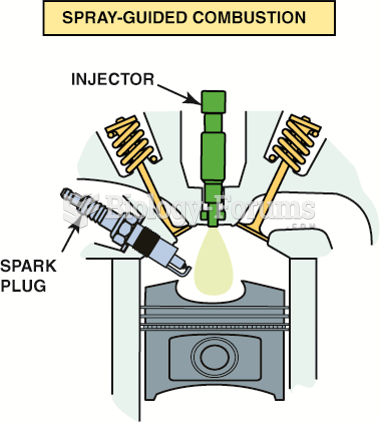|
|
|
The calories found in one piece of cherry cheesecake could light a 60-watt light bulb for 1.5 hours.
Aspirin is the most widely used drug in the world. It has even been recognized as such by the Guinness Book of World Records.
In the ancient and medieval periods, dysentery killed about ? of all babies before they reach 12 months of age. The disease was transferred through contaminated drinking water, because there was no way to adequately dispose of sewage, which contaminated the water.
The modern decimal position system was the invention of the Hindus (around 800 AD), involving the placing of numerals to indicate their value (units, tens, hundreds, and so on).
Atropine was named after the Greek goddess Atropos, the oldest and ugliest of the three sisters known as the Fates, who controlled the destiny of men.
 Checking gasoline for alcohol involves using a graduated cylinder and adding water to check if the ...
Checking gasoline for alcohol involves using a graduated cylinder and adding water to check if the ...
 An overall view of the four-cylinder engine that is due for a scheduled valve adjustment according ...
An overall view of the four-cylinder engine that is due for a scheduled valve adjustment according ...
 Cylinder 1 slit signals the computer the piston position for cylinder 1. The 1-degree slits provide ...
Cylinder 1 slit signals the computer the piston position for cylinder 1. The 1-degree slits provide ...




